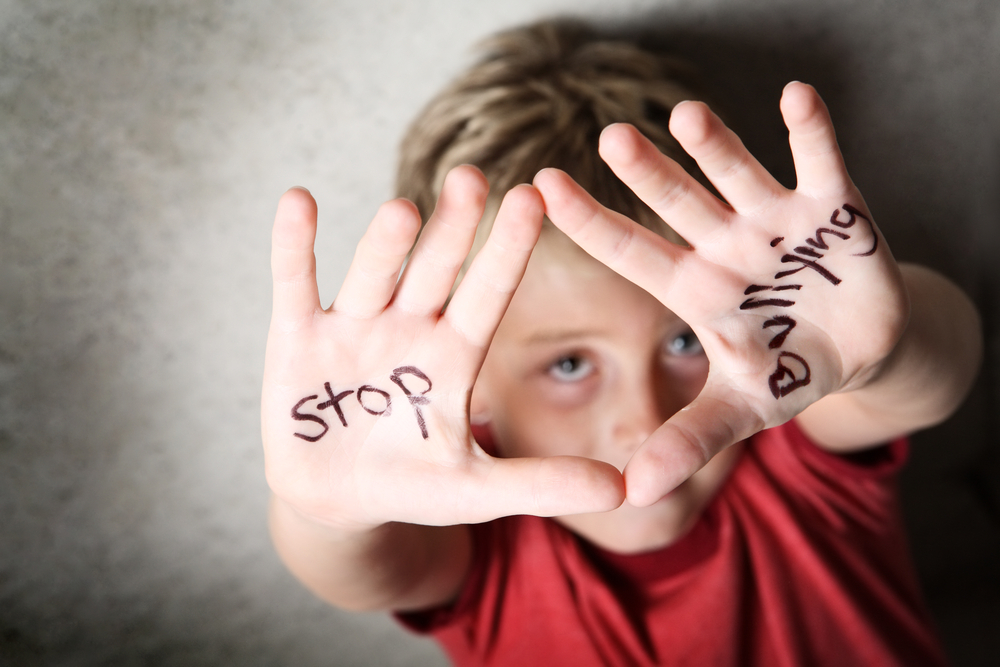
The study, which was carried out by English researchers, involved an examination of data collected through the Avon Longitudinal Study of Parents and Children. More than 2,600 people were followed from early childhood through to their adult years. Many of the participants were recruited into the study prior to their birth, while others joined during childhood.
Participants frequently met with researchers to answer questions about their relationships with other children. They were asked about nine different types of bullying and how often they were bullied.
Researchers discovered that name-calling was the most common type of bullying–roughly one in three teens said they experienced this on a regular basis. Another one in five or so said they’d had their property stolen or abused, while about one in six said they’d had lies about them spread by bullies. About one in ten said they were regularly assaulted by bullies.
Most importantly, perhaps, researchers found that children who were bullied during their teenage years (specifically, age 13) were three times more likely to be depressed as adults. Also crucial: just under one in three cases of depression among adults can be linked back to serious childhood bullying
The researchers hope their findings will result in more research investigating the physical and psychological impact of bullying. “Depression is a major public health problem worldwide, with high social and economic costs,” they noted. “Interventions during adolescence could help to reduce the burden of depression later in life.”



